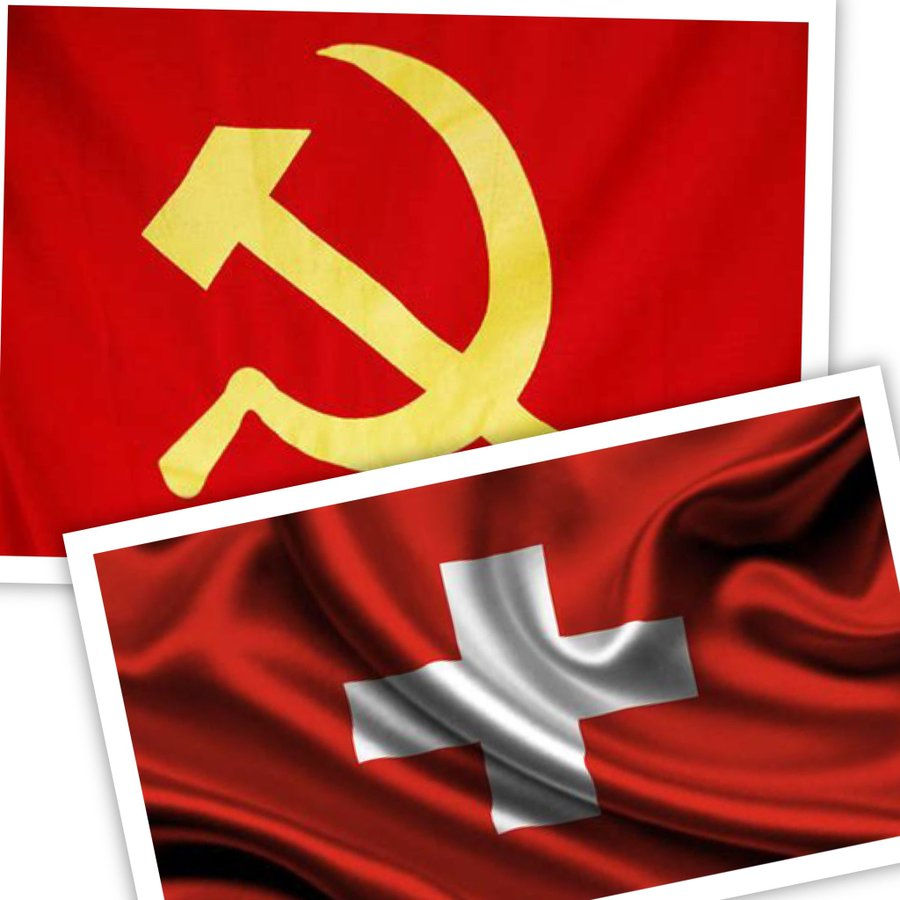Communism is a political theory rooted in the ideas of Karl Marx and Friedrich Engels, advocating for a classless society in which property and resources are collectively owned.
It seeks to abolish private ownership of the means of production, aiming to eliminate inequality and the exploitation of labor by capital.
In a communist system, the economy is typically planned by the state, and the government controls key industries and services to ensure that goods and wealth are distributed according to people’s needs.
Communism emphasizes the collective over the individual, with the belief that a centrally organized government can best achieve social equality and provide for the welfare of all citizens.
Decision-making in communist systems often happens within a hierarchical, top-down structure led by a single political party, which seeks to represent the working class and guide the economy and society toward communism. Citizens, though theoretically equal, have little direct influence on specific policies or leadership choices, with power concentrated in the hands of the ruling party.
Swiss-style direct democracy, on the other hand, is a form of government where political power is directly exercised by the people rather than by elected representatives.
It is practiced in Switzerland through frequent referendums and popular initiatives, allowing citizens to vote on a wide range of issues, from constitutional amendments to everyday laws.
The Swiss system is based on the principle that individuals should have a direct voice in shaping policies that affect their lives, and it places a strong emphasis on political decentralization and federalism.
Cantons (regional units) hold significant power, and many decisions are made at the local level. Citizens can gather signatures to propose new laws or demand a national vote on existing ones, giving them a high degree of control over both domestic and foreign policies.
Swiss direct democracy operates within a framework of representative institutions but ensures that ultimate decision-making power remains with the people.
The key difference between communism and Swiss-style direct democracy lies in their approach to power and participation.
Communism centralizes power in the state and the ruling party, whereas Swiss-style democracy disperses power among the people, giving individuals direct control over governance.
While communism seeks to eliminate private property to achieve equality, Swiss democracy allows for a capitalist economy, private property, and political pluralism.
Another contrast is the emphasis on individual versus collective rights; Swiss democracy prioritizes individual participation and freedom, while communism focuses on collective welfare, sometimes at the expense of personal freedoms.
In essence, communism envisions a society governed by a centralized authority to manage resources and achieve social equality, while Swiss direct democracy empowers citizens to participate actively and directly in the governance of their country.
If you've enjoyed this post and you want to tweet it on X, here is the link: https://x.com/DirectDemToday/status/1835068645342314763

Comentarios